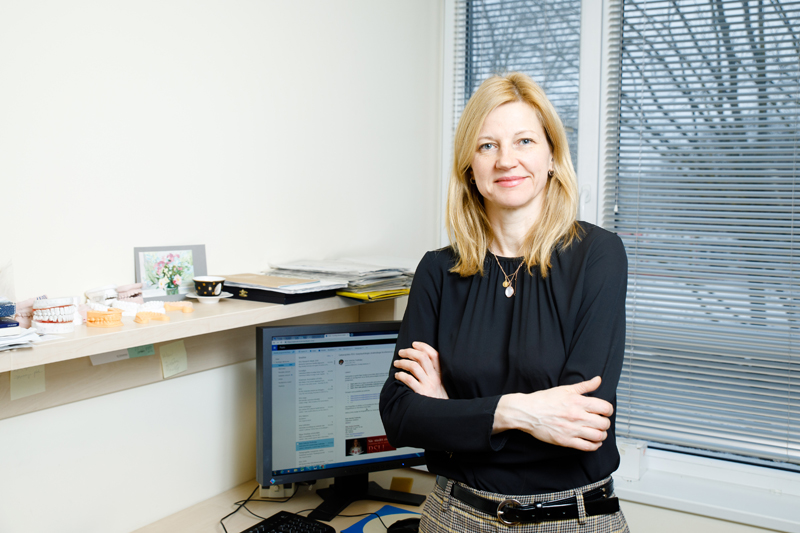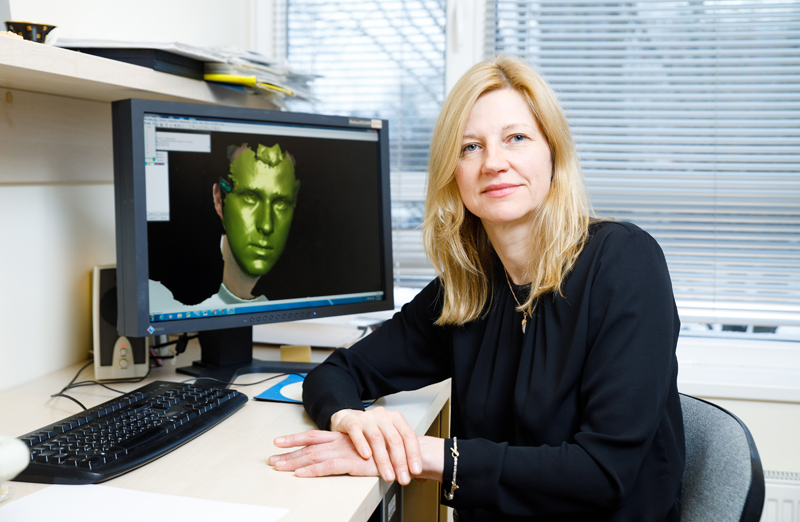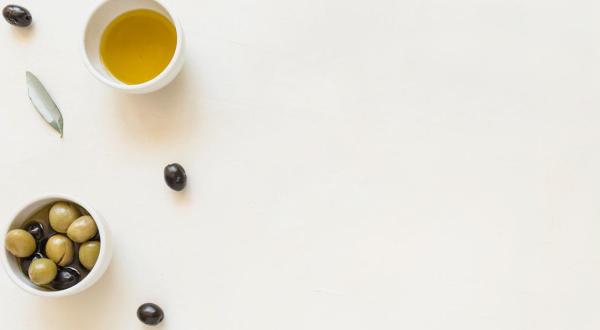International conferences provide an opportunity to recharge: researcher Gundega Jākobsone
As a child, Gundega Jākobsone wanted to become a doctor. When it was time to commence studies, she only had to decide on the specialty, and her choice was dentistry, since she had enjoyed it while working as an orderly assistant at the Institute of Stomatology during her summer vacation. Now she is Head of the Department of Orthodontics at the Faculty of Dentistry at Rīga Stradiņš University (RSU) and an associate professor.
Alongside clinical work at the RSU Institute of Stomatology, she conducts research and advises doctoral students and residents on their research in maxillofacial growth, development and orthodontic treatment methods.

Assoc. Prof. Gundega Jākobsone is an author and co-author of numerous international scientific publications, has participated in various research projects, many of which have been conducted in cooperation with foreign colleagues. She has reviewed publications for the following journals: “The Angle Orthodontist”, “The Journal of Oral & Maxillofacial Research”, “European Journal of Orthodontics“ and “Progress in Orthodontics”.
Why am I conducting research?
There are people who jog every day, people who climb mountains, and those who enjoy using their brains, who have a natural desire to think… Back in my study days I was a strong analytical thinker, I could quickly grasp large amounts of information and I was able to discern interconnections. The more you think, the simpler this process becomes. You cannot run a marathon, if you have never run before, and the same is with thinking – the ability to think must be trained.
Currently, in cooperation with Cardiff University (United Kingdom) we are researching the maxillofacial growth and development of Latvian children over time, paying attention to the process, the peculiarities and changes under the influence of different factors. We have been using 3D photographs because the process of taking them is unrestricted, not painful and not harmful to children. In other research projects, we are studying how to correct maxillofacial and dental anomalies, as well as how different factors affect the success or failure of this process.
Research in orthodontics nowadays is a very specific and costly process, since modern equipment and expensive software is required for data processing and analysis. It is not like in the olden days, when you could measure many things using a ruler.

Why will I attend the RSU International Research Conference?
Conferences give an opportunity to recharge. I am interested in people, and the conference is a great opportunity to meet charismatic people – special and interesting personalities who are involved in their work because they enjoy and care about it, not because they are being well paid. These types of people are a great inspiration for my work as well, and it is always a pleasure to meet them.
One of my doctoral students – Signe Silinēviča, who is involved in the previously mentioned project involving 3D photographs of children’s faces and jaws, will participate in the conference section dedicated to Dentistry, Orthodontics and Oral and Maxillofacial Surgery.
Why should others attend the conference?
By taking part in the RSU International Research Conference and listening to presentations, anyone can get an idea of what is happening in a specific scientific field and the directions of European research. For young researchers the conference provides an opportunity to be noticed and heard, if their presentation is outstanding or innovative. It provides an opportunity to gain new contacts, since an international conference is a broader-scale event than a local conference.
RSU has always valued students, who, in conjunction with their studies and clinical development, strive to be active in research. Those who are engaged in research, show an interest in scientific publications reading them from a different angle and analyse clinical work from a new perspective. Those who have become involved in research are much more open to new ideas and are ready to try something new in their clinical work.
I would like to encourage that students, doctoral students and residents treat science and research as their occupation, and not as a side job or a forced responsibility. Scientific work in conjunction with one’s studies should not be seen as a burden, rather as a benefit.
In preparation for Rīga Stradiņš University (RSU) Research Week, which will be held in April 2019, our researchers answer three short questions which provide insight into their achievements as well as their current research interests. We invite you to mark your calendars and save the dates of 1- 5 April so you can be part of the main RSU research event!





